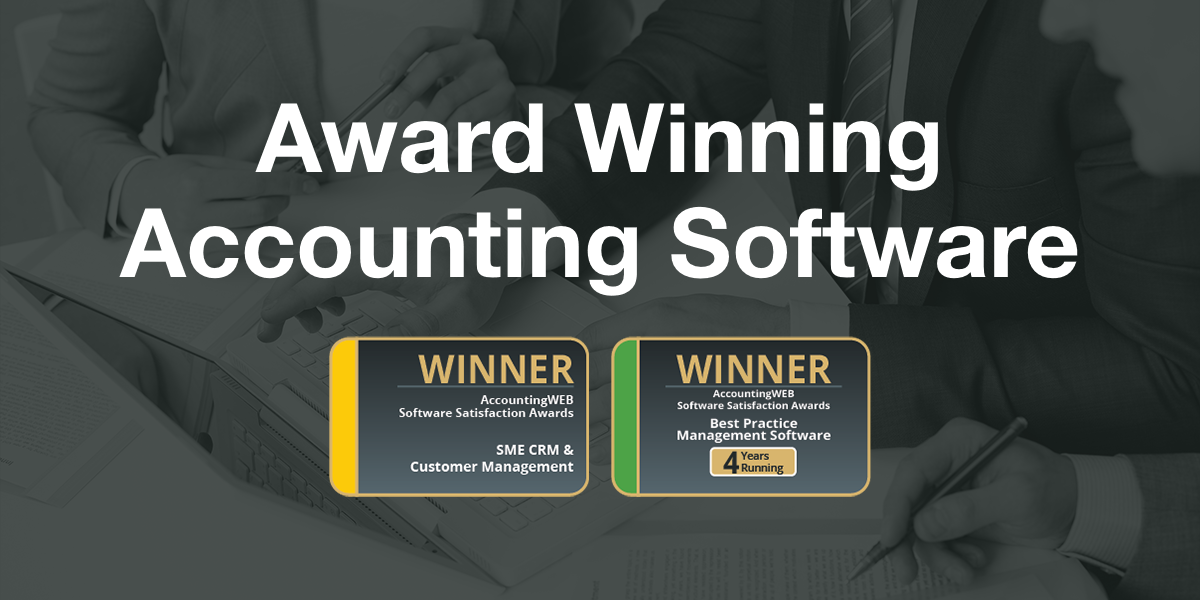The New Financial Reporting Framework in Relate Accounts Production
Impacted by the Companies Act 2014 and The Companies (Accounting) Act 2017
FRS Regimes Available in Relate Accounts Production
- FRS 102 The Financial Reporting Standard applicable in the UK and Republic of Ireland [issued September 2015 [and updated edition of FRS 102 issued in August 2014] effective for accounting periods beginning on or after 1 January 2015].
FRS 102 is a single financial reporting standard that applies to the financial statements of entities that are NOT applying the EU-adopted IFRS, FRS 101 or FRS 105.
FRS 102 is organised by topic with each topic presented in a separate numbered section. The FRS is set out in Sections 1 to 35 and a glossary [Appendix1].[378 pages].
- Small Entities: FRS 102 Section 1A
FRS 102 Section 1A This section sets out the information that shall be presented and disclosed in the financial statements of a Small Entity that chooses to apply the small entities regime. The following appendices apply:
Appendix A to Section 1A -Guidance on adapting the balance sheet formats
Appendix B to Section 1A -Guidance on adapting the profit and loss formats
Appendix C to Section 1A -Disclosure requirements for small entities
Appendix D to Section 1A -Additional disclosures encouraged for small entities
- FRS 105
Micro Entities: Schedule 3B and FRS 105 The Financial Reporting Standard Applicable to the Micro-entities Regime [set out in 28 Sections].
The Companies (Accounting) Act 2017
- This act transposes Directive 2013 / 34 / EU on the annual financial statements, consolidated financial statements and related reports of certain types of undertakings into Irish law. The EU Directive’s aim is to simplify and reduce the administration burden associated with the preparation of financial statements.
The Act also made several changes to the Companies Act 2014, mainly impacting the form , content and filings of annual entity and consolidated financial statements.
- The Act commenced on 9th June 2017 and applies to financial years beginning on or after 1 January 2017.
- Directors can opt to early adopt certain provisions within the Act in preparing financial statements for financial years beginning on or after 1 January 2015 [e.g. relating to Micro Companies and increased audit exemption].
Key Changes:
- The Act facilitates FRS 102 Section 1A for small companies and FRS 105 for micro entities
- Size criteria changes
- Removes the ability of medium sized companies to file abridged financial statements
- Corrects some oversights in the Companies Act such as the requirement to present comparatives to fixed asset notes and reserves
- Restricts non-filing structures using unlimited companies
- The majority of the Act amends Part 6 of the Companies Act 2014 and its related schedules. Some late commenced sections have been initiated.
Companies (Accounting) Act 2017 – new threshold to qualify for different company sizes:
| Criteria |
Micro |
Small |
Medium |
| Net Turnover |
€700,000 |
€12,000,000
(was €8,800,000) |
€40,000,000
(was €20,000,000) |
| Balance Sheet Total |
€350,000 |
€6,000,000
(was €4,400,000) |
€20,000,000
(was €10,000,000) |
| Average number of Employees |
10 |
50 |
250 |
To qualify, a company must not exceed 2 of the criteria outlined above, broadly speaking in the current and previous year. Large companies are those that exceed 2 of the 3 categories outlined above for medium companies.
Accounting Standards available for use by categories of standalone Companies:
| Micro |
Small |
Medium & Large |
| IFRS |
IFRS |
IFRS |
| FRS 102 |
FRS 102 |
FRS 102 |
| FRS 102- Section 1A |
FRS 102- Section 1A |
– |
| FRS 105 |
– |
– |
- Small Companies Regime
Adoption of the regime is optional
Adoption is assumed unless the company elects not to apply the regime – wise to have Board Minute on record.
The law takes precedence over standards
- Small Company, Schedule 3A and FRS 102 Section 1A
- The Act allows small companies in Ireland for the first time to access SECTION 1A Small Entities within FRS 102, giving rise to opportunities for simplification and reduction of reported financial information.
- The Act includes a new Schedule 3A for small companies which includes accounting principles and rules, formats for P & L and Balance Sheet, and required note disclosures.
- Section 1A of FRS 102 sets out the presentation and disclosure requirements applicable to small entities, whilst the recognition and measurement requirements of the remainder of FRS 102 still apply
- Directors should consider whether any additional disclosures set out elsewhere in FRS 102 are necessary to give a true and fair view.
Notes to Financial Statements
Reference material:
- Part 6 of the Companies Act (Sections 305 to 326)
- Schedule 3A
- Mandatory and encouraged notes from FRS 102 1A
- Notes requirement because of need for financial statements to give a True and Fair view.
NB It is still a requirement to disclose directors’ remuneration and transactions in the shareholder financial statements and in the abridged financial statements.
- FRS 105
Micro Entities: Schedule 3B and FRS 105 The Financial Reporting Standard Applicable to the Micro-Entities Regime
Please note “Micro Companies” and “Micro Entities” are equivalent terms.
Micro Companies regime can be used for accounting periods commencing on 1 January 2015 [early adoption]. New schedule 3 B of the Companies Act 2014 applies.
Size Criteria – must meet 2 of 3 criteria:
| Criteria |
Micro |
| Net Turnover |
Equal or Less than €700,000 |
| Balance Sheet Total |
Equal or Less than €350,000 |
| Average number of Employees |
Equal or Less than 10 |
- Adoption is optional
- Adoption is assumed unless the company elects not to apply the regime [Board minute necessary]
- The law takes precedence over standards
- An entity that is excluded from the Small Companies regime is not eligible as a Micro company
- Cannot be used by entities that are not companies
Benefits of The Micro Regime:
- Simplified P & L and Balance Sheet
- No “Arabic Number” items
- Restricted notes
- FRS 105 has simplified measurement rules
- If the financial statements comply with Schedule 3b and FRS 105, the financial statements give a true and fair view [ though some audit concerns around this – particularly to do with “Going Concern” issues].
Complete Set of Financial Statements consists of:
- Statement of Financial Position / Balance Sheet
- Income Statement / Profit and Loss Account
- Notes
Important Exemptions:
No need for directors’ report, no disclosure of directors’ remuneration, no particulars of staff, exempt from providing information on related undertakings. Exempt from disclosing other arrangements and transactions in which a director or a person connected to a director has a material interest. No disclosure re Share Capital, no disclosure of auditor remuneration, no disclosure of off balance sheet transactions.
Key Notes Required:
- Accounting policies
- Aggregate of any debts for which security has been given and an indication of the nature of the security
Who can avail of Audit Exemption:
- Micro companies
- Small companies
- Small group
- Dormant Companies
- If within size thresholds: CLGs, DACs, unlimited companies









